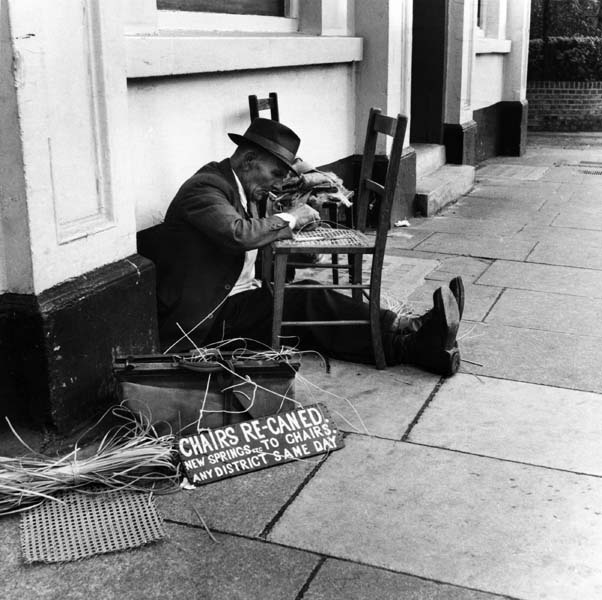At Nova Insurance we know that things have been tight for tradesmen over the last few years, and rising costs combined with pressures on income has meant that increasing profits has been tough. While many are finding it hard to attract new customers or find suppliers who can reduce prices, there are other ways to save money as a tradesmen. One of the most helpful ways of saving money is through good and meticulous record keeping.
Tax Records
For most tradesmen the best place to start is with your tax records of income and expenditure. Usually most sole trader’s tax records are quite basic, but you should have a list of all your invoices and your receipts. If you haven’t already, your first step is to transfer them from paper into a spread-sheet, and it’s wise to go back three or four years in doing this.
Margin Analysis
Once you’ve got everything electronically, it’s easy to manipulate the data and do some basic analysis to see where you are making good money and where you’re perhaps overspending. One of the most important first steps is to look at your margins: that’s how much money in profit you make on each job. Depending on your trade you can break this down per customer or per type of job, and it should give you a good indication of where your money is being made.
For example, you might find that while the plastering job twenty miles down the road pays a high fee, your petrol costs every day are eating away your profit. In the future you can use this as grounds to either up your fees, or perhaps to select your work closer to home.
Expense Breakdowns
One of the most enlightening things for a lot of tradesmen is to go through their expenses one by one and to see how much is spent where. While, of course, you’re going to need quality tools and to buy your materials, it can be amazing how much you spend on things like lunch, van repairs or even just buying a newspaper every day!
By listing out your expenses you can get a feel for what is essential and what isn’t. Cutting down by just a pound or two a day can mean big savings over a month or a year.
Time Analysis
Lawyers and accountants are notorious for charging clients by the hour and while, as a tradesman, that’s not going to endear you to your customers, conducting some sort of time analysis can be really useful when working out how to best allocate your time.
If you’re finding you’re spending more time keeping the accounts or on the phone to contractors or suppliers than actually doing profitable work, it might be time to seek some help. Spending some time doing these calculations can show you where you really should be using your skills: it could be more profitable for you to pay an accountant if it means you can devote an extra few hours to your work.
Record keeping the first step towards really being able to get a grasp on your costs and it’s essential if you’re going to make small margins count. Whatever trade you’re in, there’s no excuse for not getting familiar with a spread-sheet and ensuring that you’re not losing out where you could be cashing in.
